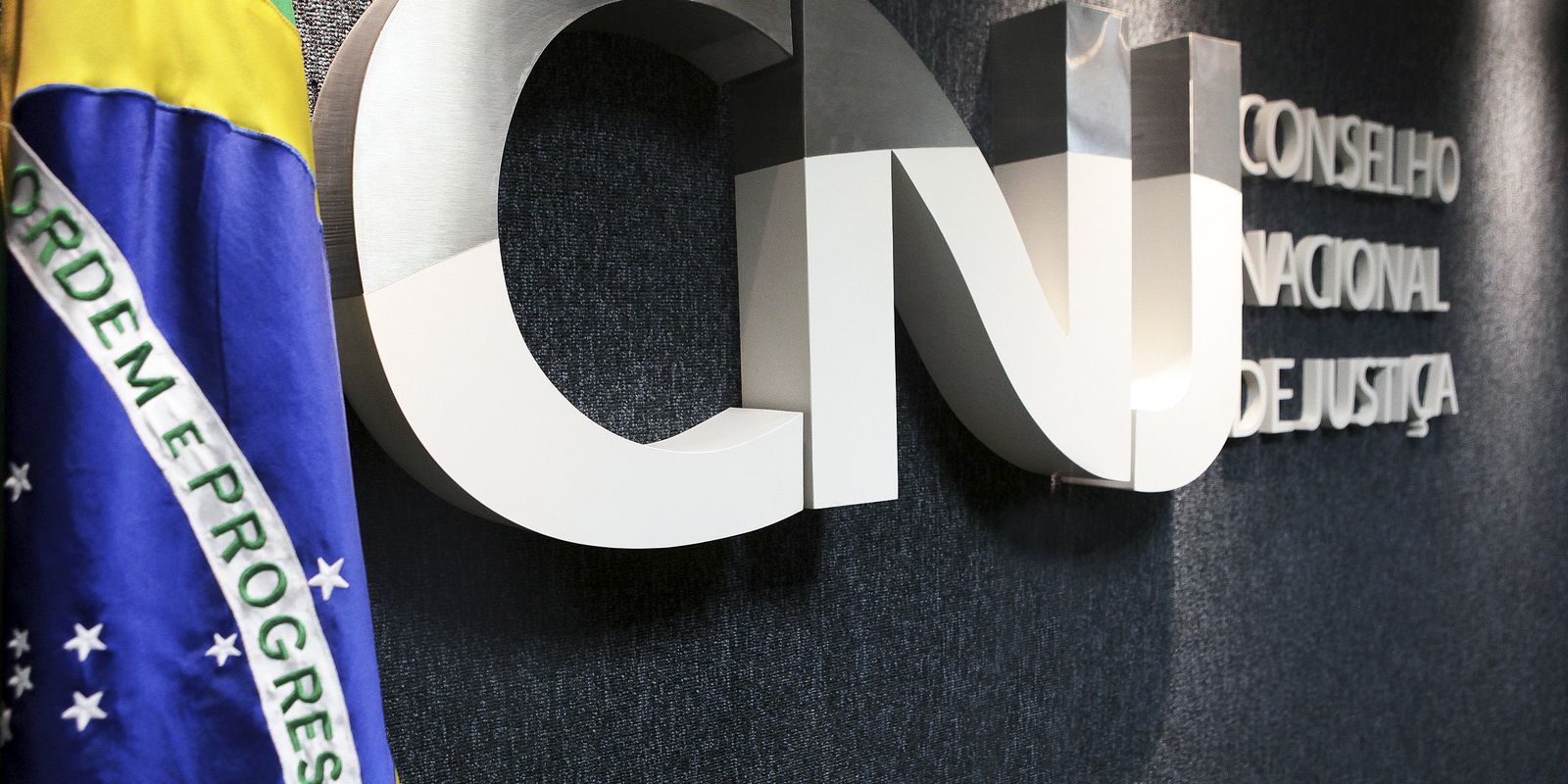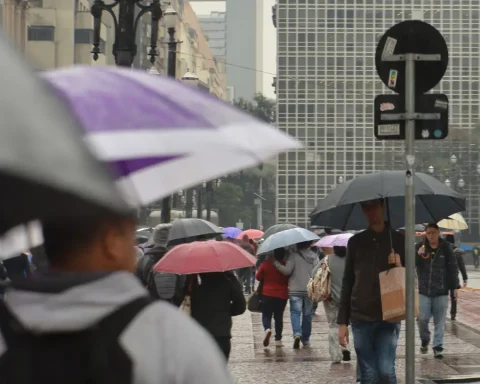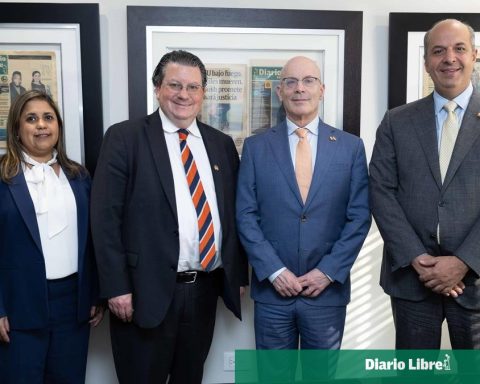The National Council of Justice (CNJ) approved the return of magistrates and servers of the Judiciary to face-to-face work. The repeal of the resolutions with which the council itself had authorized the courts to institute remote work and virtual sessions was approved by a majority of councilors, after two and a half hours of debate, during this Tuesday’s session (8).
The councilors established a period of 60 days for the courts to implement the decision, being able to regulate the particular situations in which judges may continue to reside outside the districts, in accordance with Resolution No. .
In these cases, the courts must guarantee the presence of the judge in the district; the appearance of the magistrate in the jurisdictional unit in at least three working days; the prior publication of the judge’s attendance schedule in the district; virtual assistance from lawyers, defenders and prosecutors whenever requested; a productivity equal to or greater than that achieved with face-to-face work and reasonable deadlines for holding a hearing.
In addition, at the suggestion of the National Inspector of Justice, Minister Luis Felipe Salomão, a working group will be created within the scope of the internal affairs department to monitor the measures adopted in order to allow the return to face-to-face work in courts across the country.
In his vote, the rapporteur on the subject, counselor Vieira de Mello Filho, expressed himself in favor of mandatory face-to-face work and criticized the possibility of magistrates not residing in the regions in which they work.
“The issue is very sensitive and demanded from all of us a perception of the need for the activities of the judiciary in the form before the pandemic. [da covid-19]but with the integration of technological advances in favor of access and affectivity of Justice”, said Mello.
“The physical presence of magistrates, not only in the district, but in the unit in which they operate, is absolutely essential for the provision of qualified judicial services”, added the rapporteur, ensuring that situations in which remote service were already foreseen before the pandemic. will remain guaranteed.
















